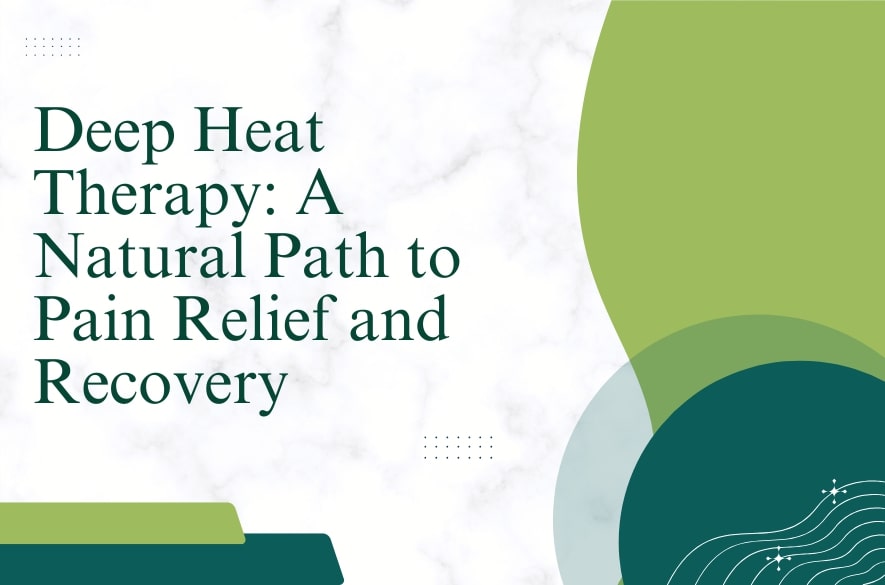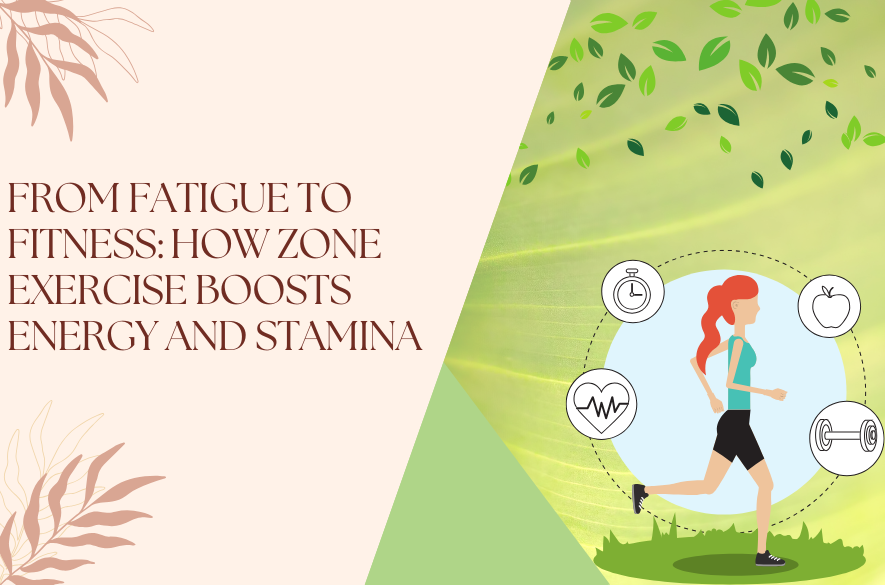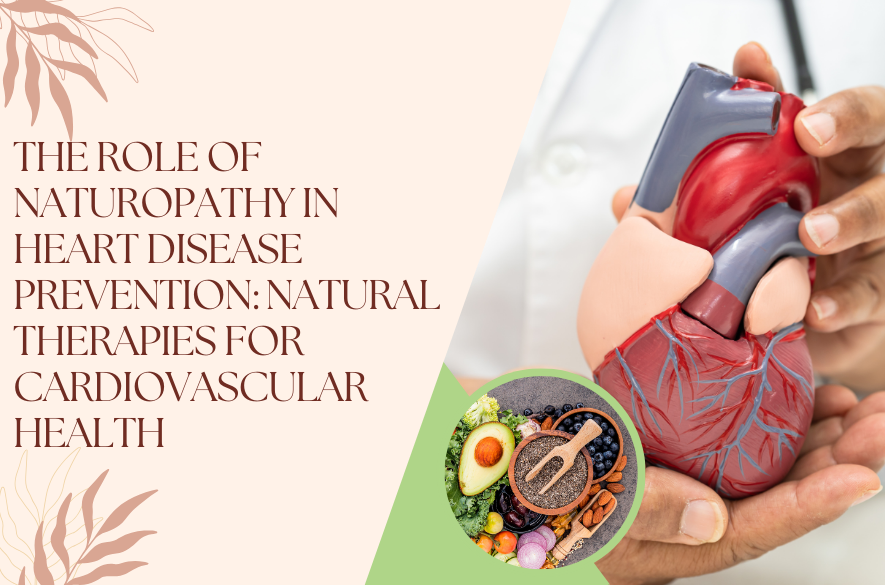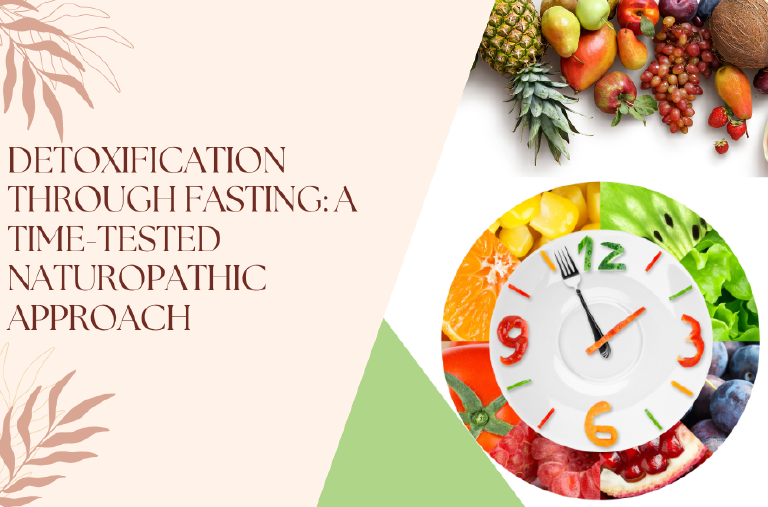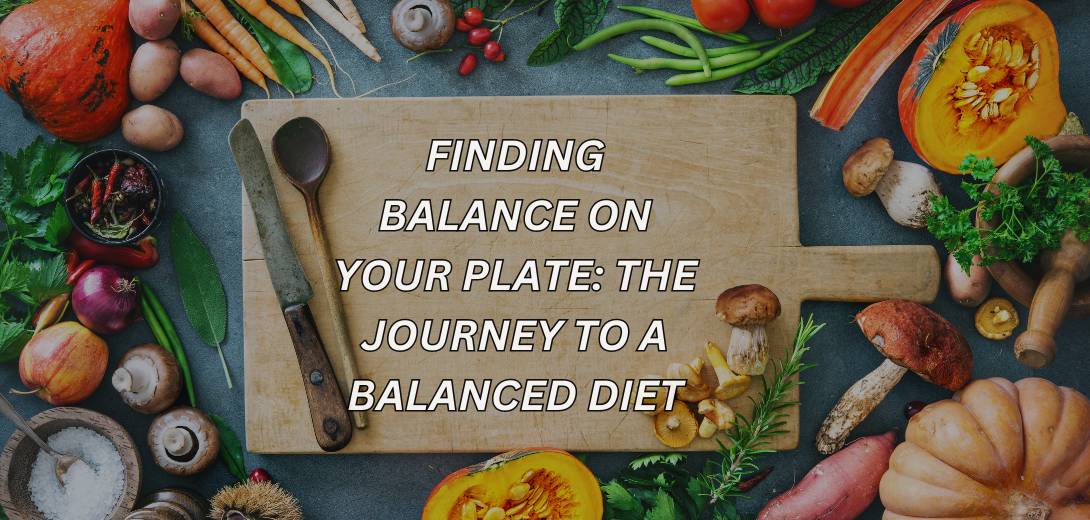
INTRODUCTION
Maintaining a balanced diet is crucial for general health and well-being. Adopting good eating habits is the key to getting a variety of nutrients. It may help our bodies to perform at their best. This blog article will discuss the value of a balanced diet and its advantages and offer helpful tips on including healthy eating in your daily routine. By the end, you'll have better understanding how to feed your body with the correct nutrients and lay the foundation for a healthy way of life.
UNDERSTANDING THE BASICS OF A BALANCED DIET
Consuming foods from various categories in the proper quantities is part of a balanced diet. These food categories include fruits and vegetables, whole grains, proteins, healthy fats, and dairy products or dairy substitutes. Each category provides certain nutrients needed for biological processes. For instance, whole grains, fruits, and vegetables deliver energy and fiber, proteins repair and build tissues, and healthy fats boost brain functions. Fruits and vegetables also contain critical vitamins and minerals.
THE BENEFITS OF A BALANCED DIET
A balanced diet has several advantages for our general health and well-being. The first benefit is that it aids in maintaining a healthy weight, which lowers the risk of obesity and other lifestyle disorders like diabetes, hypertension, hypothyroid, etc. that are connected to it. Second, it gives the body the nutrition it needs to produce energy, enhance cognitive function, and maintain mood stability. Thirdly, a balanced diet helps maintain a robust immune system, which lowers the risk of getting sick and speeds up recovery.
TIPS FOR ACHIEVING A BALANCED DIET
a) Include a range of fruits and vegetables: As different fruits and vegetables contain different vitamins, minerals, and antioxidants, try to eat a rainbow of colors.
b) Pick whole-grain foods: To ensure a greater fiber and nutritional content, use whole-grains and rice instead of refined grains.
c) Incorporate proteins: Compared to other sources, choices like beans and lentils are lower in saturated fat and contain essential amino acids.
d) Embrace beneficial fats: Some healthy fats that boost heart health and brain function are avocados, almonds, seeds, and olive oil.
e) Limit added sugars and salt: Remember that processed meals with high levels of added sugars and salt can cause several health problems.
f) Stay hydrated: Water is essential for our bodies to operate at their best, so make sure you consume plenty of it throughout the day.
g) Adopt portion control: Be mindful of your serving sizes and pay attention to your body's hunger and fullness signals.
h) Plan your meals: Planning your meals allows you to choose healthier selections and lessens the likelihood of going for quick, unhealthy ones.
OVERCOMING CHALLENGES AND MAINTAINING BALANCE
Adopting a balanced diet can be challenging, particularly in light of the abundance of processed and quick meals on the market. But it's critical to put long-term health before temporary pleasures. Make incremental improvements to your eating habits by beginning with tiny, enduring adjustments. Seek out friends or family who support your aims, or think about seeking out individualized advice from an authorized dietitian. Remember, as long as the bulk of your diet consists of nutrient-dense foods; it is okay to sometimes indulge in sweets in moderation without feeling guilty.
CONCLUSION
The foundation of a healthy life style is a balanced diet that gives our bodies the energy they need to perform at their best. We may enhance our general health and well-being by comprehending the fundamentals of good eating and putting them into practice. Start today and embrace the power of a balanced diet since modest adjustments over time build up. You'll feel the benefits in your energy levels, mood, and general vigor, and your body will appreciate you for it.
RELATED BLOGS
Deep heat therapy, which is an essential part of...
Read MoreThe human body is designed for locomotion and mobility....
Read MoreIn natural healing, few therapies are as simple yet...
Read MoreHydrotherapy is a cornerstone of naturopathy, utilizing the therapeutic...
Read MoreThe link between gut health and mental well-being is...
Read MoreIn today’s fast-paced world, feeling fatigued, stressed, and low...
Read MoreHeart disease remains one of the leading causes of...
Read MoreNatural Ways to Protect Your Skin from the Summer...
Read MoreIn naturopathy, treatment is centered around natural healing principles,...
Read MoreIn this fast-paced, fast-moving modern world, we are constantly...
Read More
